Blockchain is a new technology allowing information to be distributed and shared publicly without being stored in a central location. This technology has been revolutionary and has created numerous job opportunities for developers and tech enthusiasts, giving rise to a new field of engineering called Blockchain Engineering.
Blockchain Engineers specialize in creating and implementing digital solutions for organizations by utilizing this unique type of technology. These profiles are mostly responsible for developing the architecture of a blockchain system, designing consensus protocol and building decentralized applications that run on blockchain technology.
In this article, we try to go into the specifics of this promising career path and learn about the required skills, the market landscape, and more.
Market insights : (Powered by Riminder)
About Riminder :
At Riminder, We provide business with an AI-powered infrastructure to assess, score and rank talent pools.
Insights :
Through our analysis we gathered information about Blockchain Engineers around the globe, here are some of the most relevant insights we drew:

The job of a Blockchain Engineer involves a diverse set of skills, ranging from Systems architecture and Blockchain protocols to Cryptocurrency and Networks administration. Blockchain Engineers also have to learn various programming languages, most commonly Python, C++, and Javascript.
Below we try to explain some of the most important skills needed for this job.
- Systems architecture: A conceptual model that defines the structure, behavior, and more. A system architecture can consist of system components and the sub-systems developed, that will work together to implement the overall system. Blockchain Engineers need to have a deep understanding of systems architecture in order to build a solid infrastructure for their blockchain technology, in most cases this is a determining factor in the success or failure of the so-called technology.
- Blockchain protocols: An agreed upon methodology establishing a common set of rules to govern a blockchain network, these rules are usually about consensus, transaction validation, and network participation. Some of the most popular protocols are Bitcoin, Ethereum and Ripple. This is the core element that defines a blockchain technology, and the Engineers need to have a great understanding of the existing protocols, especially those they work with, but also to be able to create their own if necessary.
- Consensus mechanisms: A process, encoded in software, by which computers in a network, called nodes, reach an agreement about a set of data. These algorithms are important to keep the network secure and alive, they validate transactions, add trust to the peer-to-peer network, and reward miners for contributing to the network. Creating a consensus protocol is one of the main tasks of Blockchain Engineers and is considered a central part in building this technology.
- Cryptography: The practice and study of techniques for secure communication in the presence of third parties (adversaries). Cryptography is about constructing and analyzing protocols that prevent third parties or the public from reading private messages. This is an essential element for every blockchain technology since they all rely on cryptographic functions to identify users and link the different data structures (blocks).
- Python: It's an interpreted, high-level, general-purpose programming language. Python provides unmatched ease, flexibility, and functionality for both new and experienced coders. It has emerged as a top choice for Blockchain Engineers because it makes the work of building the block with the relevant information and linking blocks together much easier to accomplish.
- C++: One of the best-known programming languages, easy to learn and apply in various formats. This object-oriented language basically packs the data in the form of objects and sends it across to the user only to be opened at their end. Since the principle use of blockchain is in a similar format, it is one of the most relevant languages for Blockchain Engineers.
After talking about the top skills Blockchain Engineers need to master in their job, it's time to see what are the most relevant companies for these profiles.
Through our analysis, we create the chart below ranking the top 10 companies for Blockchain Engineers.

Now it's time to take a look at the early beginnings of Blockchain Engineers and see how they kicked off their careers. Through our analysis, we revealed some of the most common first jobs of these profiles, as presented below.


